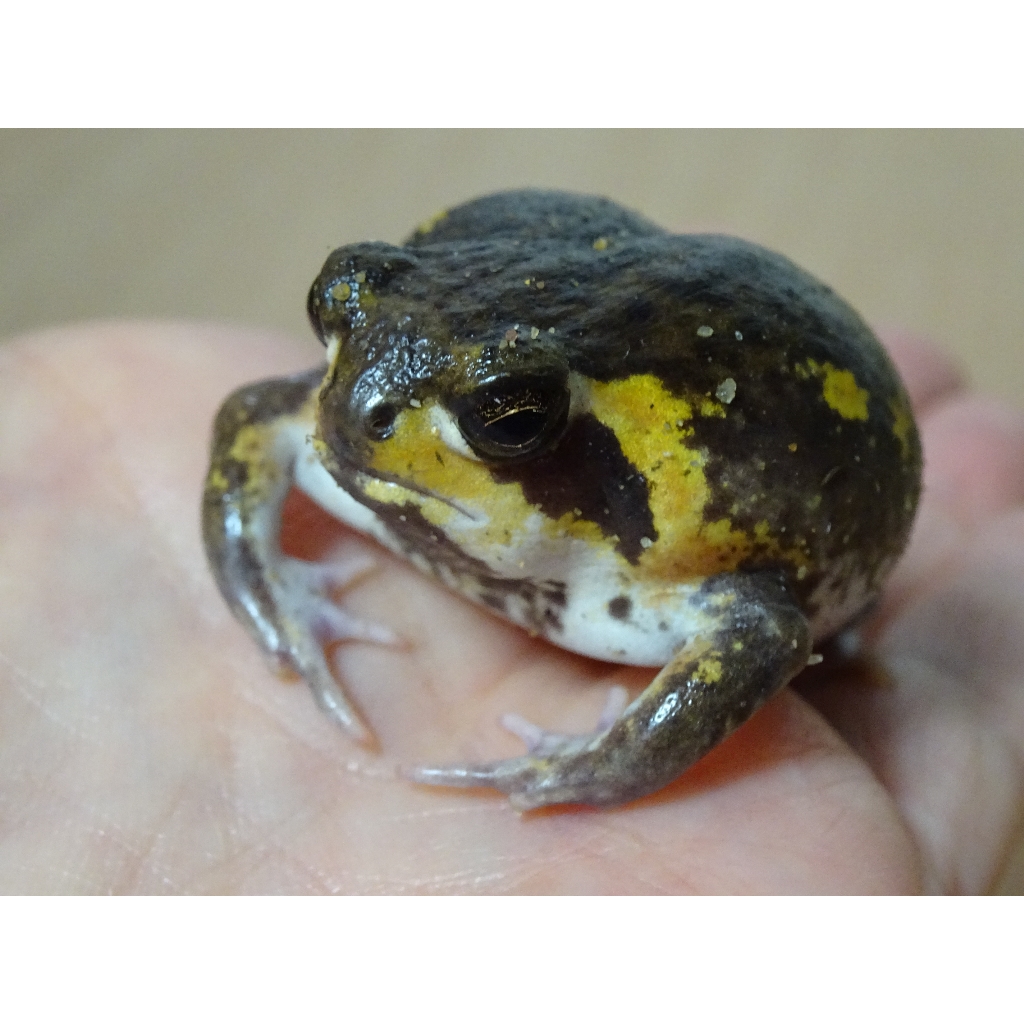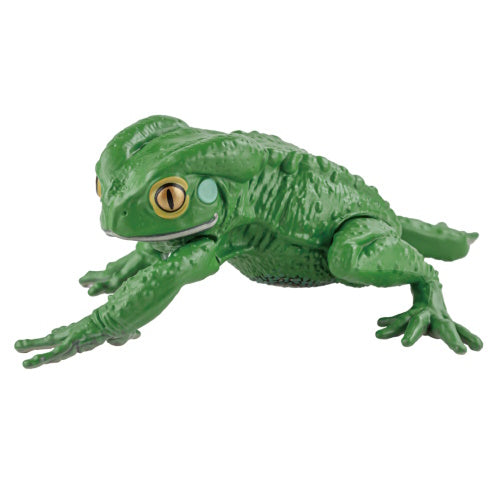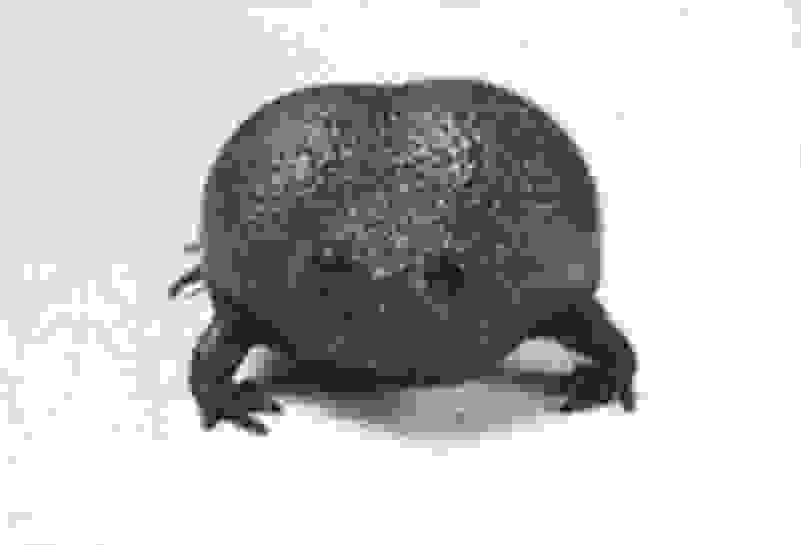Seeking Rain Frog for Sale? Locate Your Suitable Amphibian Companion Below!
Seeking Rain Frog for Sale? Locate Your Suitable Amphibian Companion Below!
Blog Article
Common Wellness Issues in Reptiles: Symptoms and Solutions
In the complex globe of reptile treatment, recognizing the usual health and wellness issues that might influence these distinct animals is critical in guaranteeing their well-being. Whether it's grappling with parasitical invasions, browsing dehydration issues, or attending to skin ailments that show up in refined ways, being attuned to the signs and geared up with the knowledge of effective options is important for any type of reptile proprietor.
Respiratory System Infections
Respiratory system infections in reptiles can dramatically affect their overall health and wellness and call for punctual interest from skilled veterinarians. In reptiles, respiratory system infections can be specifically challenging to detect and deal with due to their special makeup and physiology.
Treatment for breathing infections in reptiles commonly involves a combination of encouraging treatment, such as preserving correct moisture degrees and temperature level slopes in the enclosure, as well as targeted drug to address the certain microorganism responsible for the infection. It is important for reptile owners to check their family pets closely for any type of signs of respiratory distress and look for veterinary treatment at the earliest sign of a problem. With prompt treatment and proper therapy, numerous reptiles can recover fully from respiratory system infections and return to typical tasks.

Metabolic Bone Illness
What variables add to the growth of Metabolic Bone Illness in reptiles?
Metabolic Bone Illness (MBD) in reptiles is mostly caused by a lack of appropriate calcium, phosphorus, and vitamin D3 degrees in their diet. Furthermore, poor direct exposure to UVB light stops reptiles from synthesizing vitamin D3, which is important for calcium absorption and bone health and wellness.
Inadequate moisture levels can additionally influence a reptile's capability to metabolize calcium successfully. Regular vet check-ups, correct husbandry techniques, and a balanced diet plan are essential to protect against Metabolic Bone Condition in reptiles.
Parasitical Invasions
Parasitical invasions posture a significant health and wellness threat to reptiles, influencing their overall well-being and requiring timely veterinary interest. Reptiles can be affected by numerous bloodsuckers, including termites, ticks, interior worms, and protozoa. These parasites can trigger a variety of signs and symptoms, such as weight loss, lethargy, skin inflammation, looseness of the bowels, and even death if left untreated.
One typical bloodsucker found in reptiles is the mite, which can cause skin anemia, anxiety, and irritability. Ticks are an additional outside parasite that can trigger and transfer illness discomfort to the reptile. Internal parasites like worms and protozoa can result in digestive system problems, malnutrition, and weaken the reptile's body immune system.
To identify a parasitic problem, a veterinarian might execute fecal tests, skin scrapings, or blood tests. Treatment typically includes deworming medicines, antiparasitic baths, or in extreme cases, a hospital stay. Preventative steps such as regular vet examinations, correct hygiene, and quarantine procedures for new reptiles can aid lessen the danger of parasitic infestations and guarantee the wellness of reptile family pets.
Dehydration and Hydration Issues
Dehydration in reptiles can substantially influence their health and wellness and health, requiring prompt treatment and proper hydration monitoring. Reptiles are vulnerable to dehydration due to different aspects such as inadequate click here for info water consumption, high environmental temperature levels, and specific health and wellness conditions. Signs of dehydration in reptiles include sunken eyes, lethargy, loss of skin flexibility, and minimized urination. If left without treatment, dehydration can lead to significant health and wellness problems and even be fatal to the reptile.
To stop dehydration, reptile owners must guarantee that their animals have accessibility to tidy water in any way times. The water dish should be huge enough for the reptile to take in if needed, especially for species that soak up water through their skin. Furthermore, preserving correct moisture degrees in the reptile's room and providing routine bathrooms can help prevent dehydration.
In cases of dehydration, it is important to look for vet care immediately. A vet might provide fluids either by mouth or through shots to rehydrate the reptile. It is important to address the underlying source of dehydration to avoid recurrence and ensure the reptile's general well-being.
Skin Conditions

Final Thought

Respiratory infections in reptiles can significantly impact their overall wellness and need punctual interest from knowledgeable veterinarians (rain frog for sale). Preventative measures such as routine vet examinations, appropriate hygiene, and quarantine treatments for brand-new reptiles can aid lessen the threat of parasitic problems and guarantee the well-being of reptile family pets
If left without treatment, dehydration can lead to severe health issues and also be deadly to the reptile.
Frequently inspecting your reptile for any adjustments in skin appearance, appearance, or color can assist in very early detection and treatment of skin disorders, promoting the overall health and well-being of your flaky companion. - rain frog for sale
In conclusion, reptiles are prone to numerous health and wellness issues such as respiratory system infections, metabolic bone condition, parasitical infestations, dehydration, and skin conditions.
Report this page